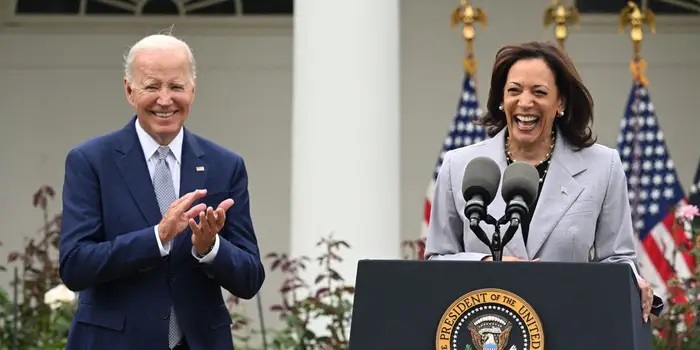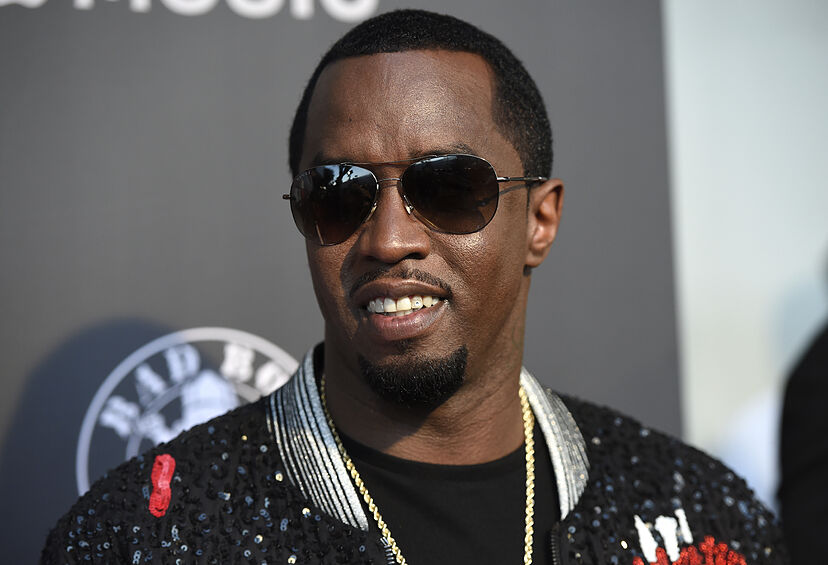President Joe Biden’s 2021 Bipartisan Infrastructure Law (BIL) allocated tens of billions of taxpayer dollars to expand broadband internet access, but more than three years later, no projects have begun. The $1.2 trillion law set aside over $42 billion to provide internet in unserved, predominantly rural areas, with Biden likening the effort to Roosevelt’s electrification of the nation. However, federal subsidies for these projects are not expected to be distributed until 2025 due to regulatory delays, including requirements for internet providers to adopt green initiatives and employ unionized workforces.
“In 2021, Kamala Harris became the ‘Broadband Czar,’” Republican Senator John Thune of South Dakota posted on X on Sept. 24. “Three years and $42 billion later, not one person has been connected to the internet under the BEAD [Broadband Equity, Access and Deployment] program.”
It’s been nearly three years since the BEAD program was established – and in all of that time the program has not connected a single household to the internet. “Broadband Czar” Harris’s tenure has been nothing short of a disaster. pic.twitter.com/3qmehkvIM5
— Senator John Thune (@SenJohnThune) September 24, 2024
Another complication comes from the requirement that applicants must ensure the internet services provided using federally subsidized infrastructure will be affordable for households earning up to 200% of the poverty line. For instance, Virginia’s application process was delayed for over 10 months due to a dispute between state and federal officials over a price cap on low-cost plans.
Republican lawmakers have criticized the slow progress, with the House Energy and Commerce Committee opening an investigation into the National Telecommunications and Information Administration’s management of the program. The delays have also drawn comparisons to the Biden-Harris administration’s electric vehicle (EV) charger expansion initiative, which, by April 2024, had only built seven stations despite receiving $7.5 billion from the same infrastructure law.
Part of the EV charger program’s delay stemmed from diversity, equity, and inclusion (DEI) requirements, with the Department of Transportation encouraging applicants to engage in “intentional outreach to underserved communities,” including hosting “neighborhood block parties.”
Brendan Carr, the former head of the Federal Communications Commission, criticized the broadband program’s lack of progress, stating in a June X post that, “The Biden Admin has been layering a partisan political agenda on top of this $42.45B program — a liberal wish list that has nothing to do with connecting Americans,” referencing climate change mandates, DEI requirements, and a preference for government-run networks.
The U.S. Department of Commerce has not responded to requests for comment.
 Telegram is where we really talk. Don't miss out!
Telegram is where we really talk. Don't miss out!







